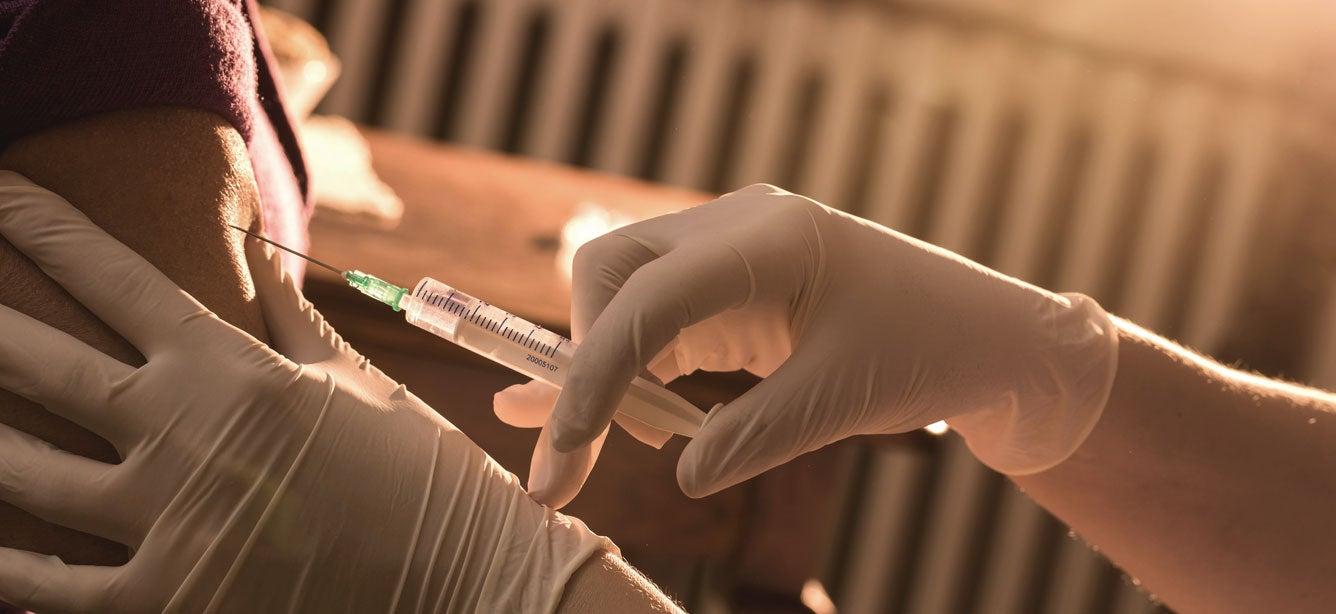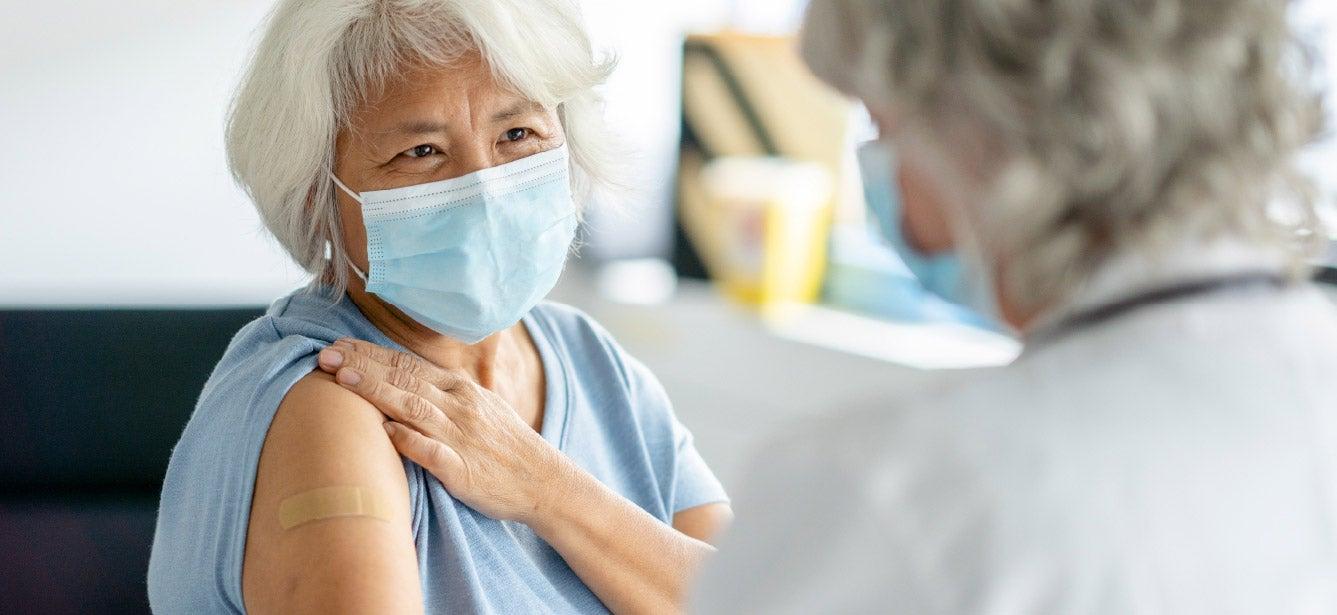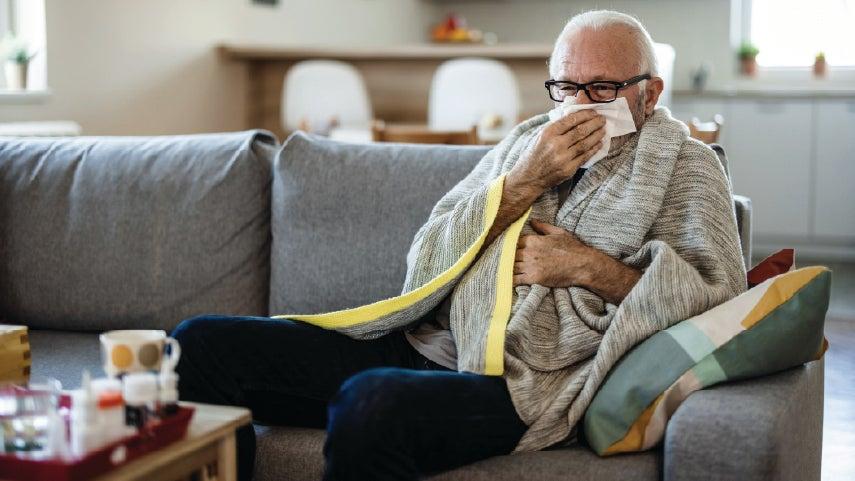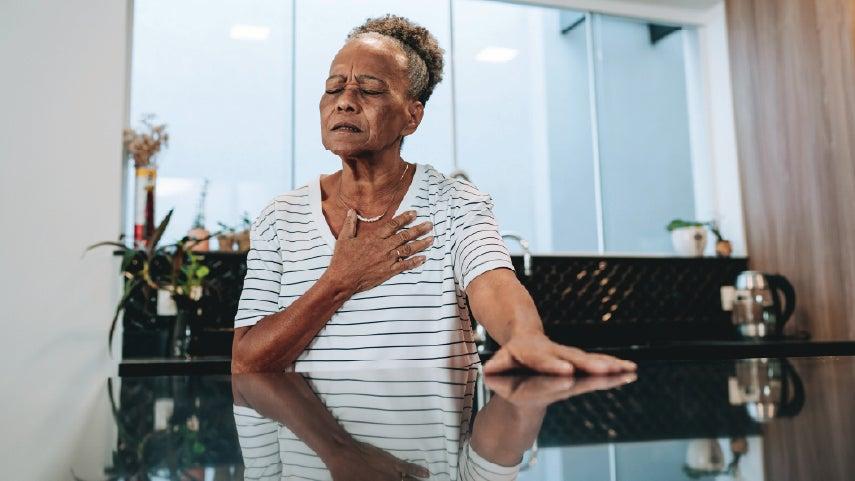Vaccine Information and Resources
Immunizations are important at any age. Vaccinations in adulthood help maintain immunity from childhood vaccines that wear off over time, avoid seasonal illnesses like the flu, and prevent COVID-19, shingles, and RSV, among other emerging diseases.
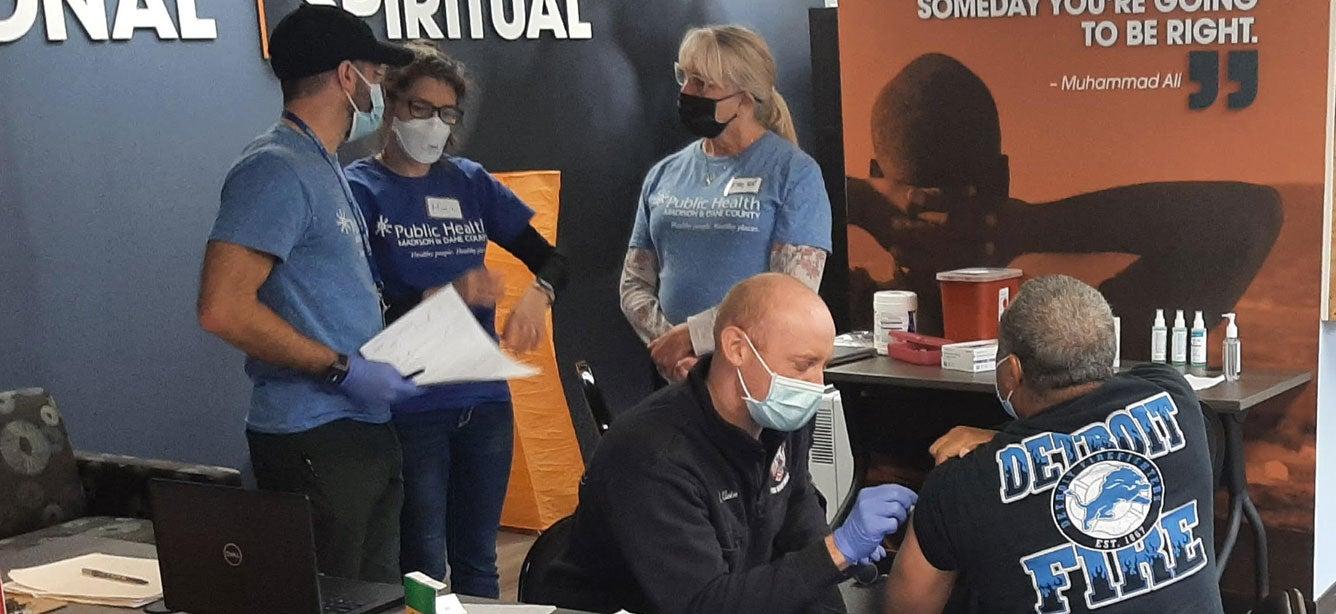
What Older Adults Need to Know About RSV
Oct 16, 2025
Tdap Vaccine: What Older Adults Need to Know
Jan 03, 2025
Does Medicare Cover the Pneumonia Vaccine?
Jan 23, 2026
Is It Flu or COVID?
While flu and COVID-19 share many similarities, they are distinct illnesses with different causes, complications, and treatments.

More Stories
What Older Adults Need to Know During Flu Season
Jan 13, 2026